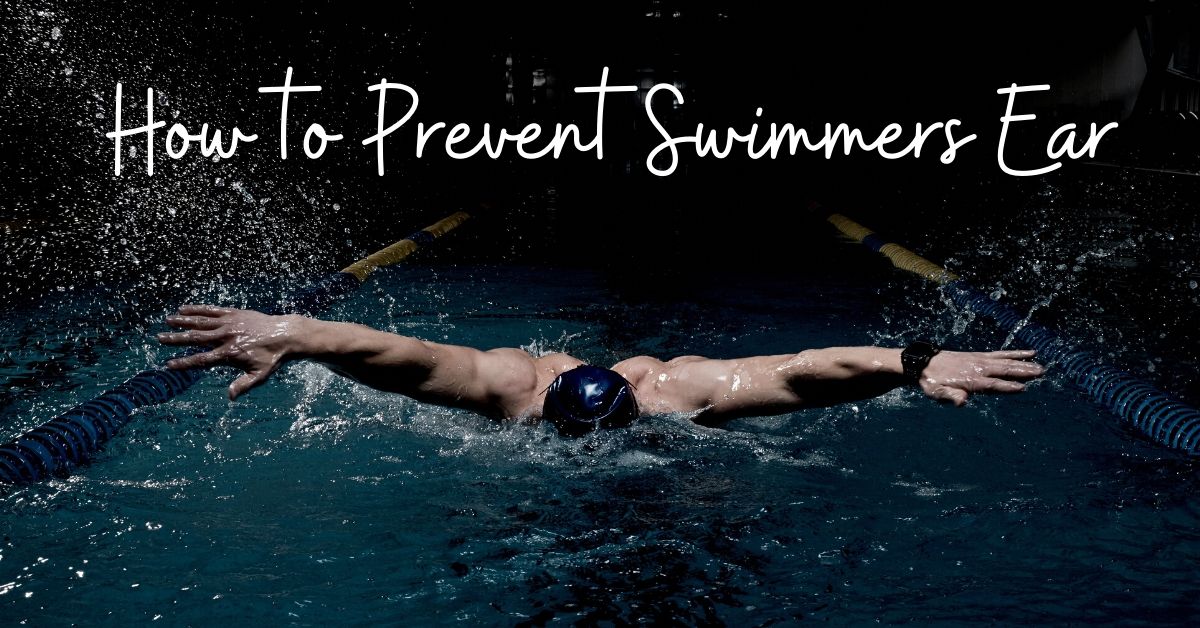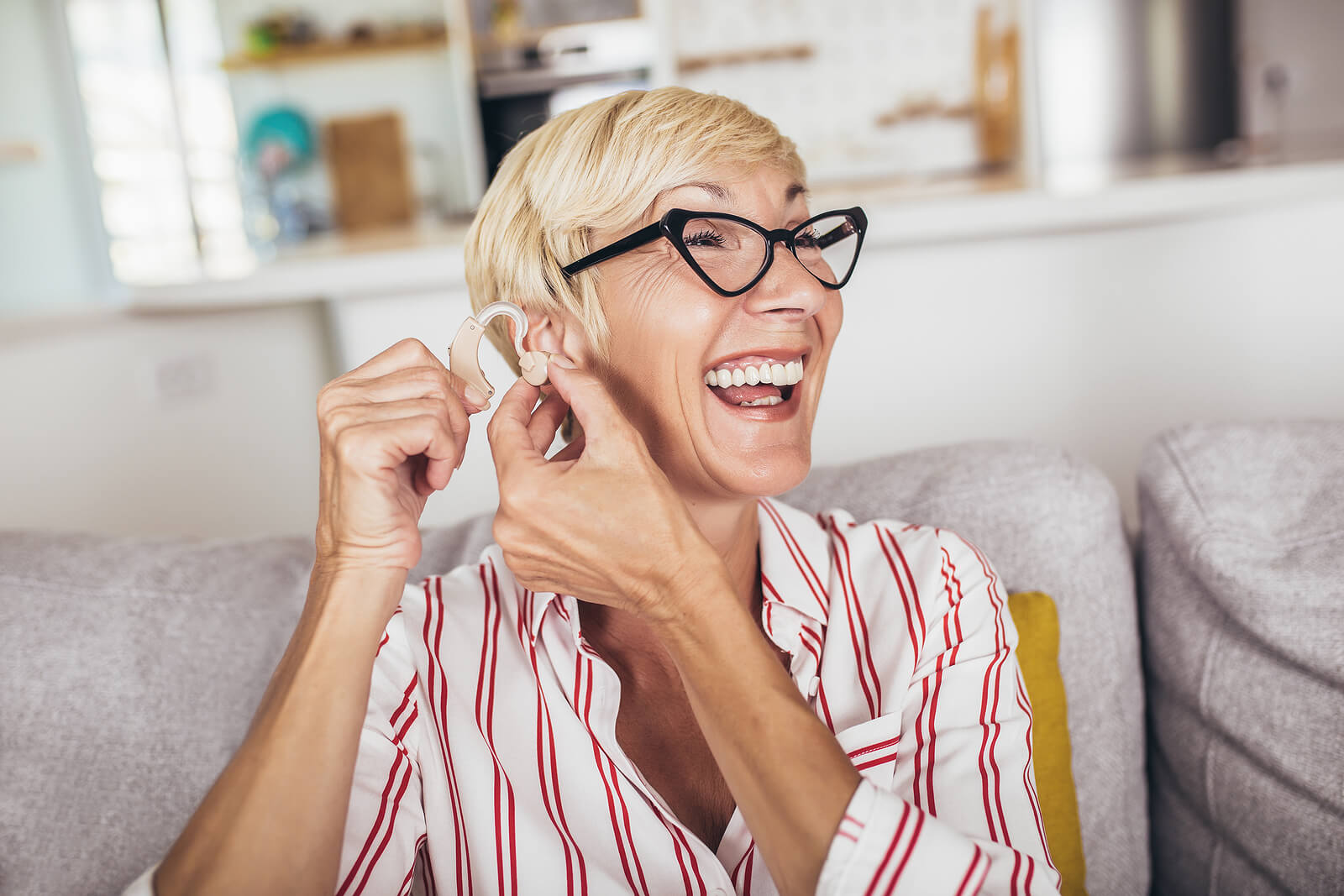
The days are warming up and that means more time outside staying cool and going swimming. While swimming for many is one of the highlights of the summer it is important to take some precautions to prevent potential problems while swimming. For anyone who has ever dealt with swimmer’s ear, they already know how painful this condition can be. Doctors call swimmer’s ear otitis externa, meaning that the infection occurs in the external part of the ear canal and can put a serious hiatus on your summer plans for water recreation, if you are not careful.
What causes swimmer’s ear?
Contrary to common belief, swimmer’s ear is not caused by dirt and bacteria in water, but rather from bacteria that occurs in your external ear canal. When someone spends a lot of time in water as many of us do in the warm months of the year, the cell lining of the ear canal can become swollen from frequent moisture. This can cause the external ear canal cells to spread apart enough for bacteria to form underneath the skin of the ear canal creating a perfect condition for bacteria to replicate and cause a painful condition. Swimmer’s ear may often start with a persistent itch in one or both your ears and progress to soreness and pain. It is often experienced as fullness of the ears and in some cases discharge. In extreme cases, swimmers’ ear can spread to the lymph nodes around your ears causing jaw and body pain.
Preventative measures
Even if you spend most of your time in the water there are still ways to keep you from spending this summer dealing with this painful condition. It is important to keep your ears as dry as possible. Earplugs can help to keep the water out of your ears when swimming. After swimming be sure to turn your head from side to side to aid in allowing the water to naturally drain from your ears, then thoroughly dry your ears with a towel or washcloth. A remedy you can practice at home to prevent swimmer’s ear is to apply a homemade solution after swimming to cut down on the growth of potential bacteria that can exasperate swimmer’s ear. The solution consists of on drop vinegar mixed with one drop of isopropyl alcohol applied to each ear.
Swimmer’s ear and hearing loss
It is common for people to deal with hearing loss associated with swimmer’s ear. This occurs when the infection causes the ear canal to become inflamed making it harder to hear. Along with trouble hearing, swimmer’s ear can also cause tinnitus, a ringing of the ears with no external source. The good news is that this hearing loss and tinnitus are usually temporary and will clear up as your ears become un-swollen
Treatment
If you have ear pain it is best to visit your doctor for a proper diagnosis. If swimmer’s ear is detected, a hearing specialist will often flush out the ear canal to clear away discharge and excess earwax to make space for healing ear drops to be able to reach all infected areas of your ears. Often the eardrops consist of an acidic solution that will aid in restoring the normal antibacterial environment of your ears. In extreme cases where the infection has progressed to your lymph nodes your doctor may use steroids to reduce inflammation and antibiotics to clear up the infection. It generally takes two days to clear up swimmer’s ear. In the meantime you may try anti-inflammatory drugs like aspirin or acetaminophen to relieve pain. Cooling ear drops may also help to relieve pain. Try warming the bottle of eardrops in your hand so it can acclimate to the temperature of your body to feel like less of a shock. Then lying on your side for a few minutes allows the drops to travel through your ear canal, cooling the infection.
Protect yourself this summer
The summer is one of the happiest times of the year for anyone who loves the water. Make sure to take the proper precautions to protect yourself from swimmer’s ear so you can spend this summer swimming season with clear hearing and healthy ears. If you are having problems hearing even after the swimmer’s ear is cleared up then the problem might be hearing loss. Make an appointment to have your hearing tested and get the best out of the sounds around you this summer.

Understanding the Anatomy of the Ear
Matthew Favinger, M.S., F-AAA

Tips For Improving Your Hearing Experience
Matthew Favinger, M.S., F-AAA

